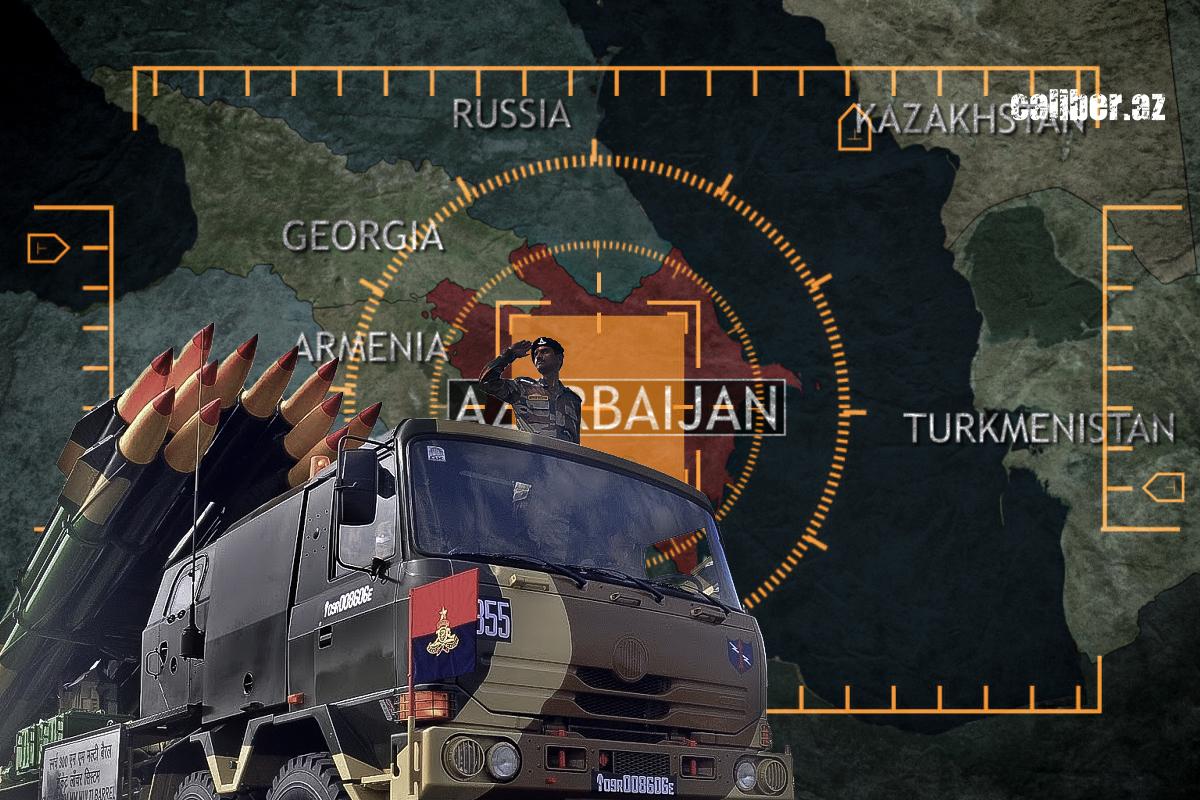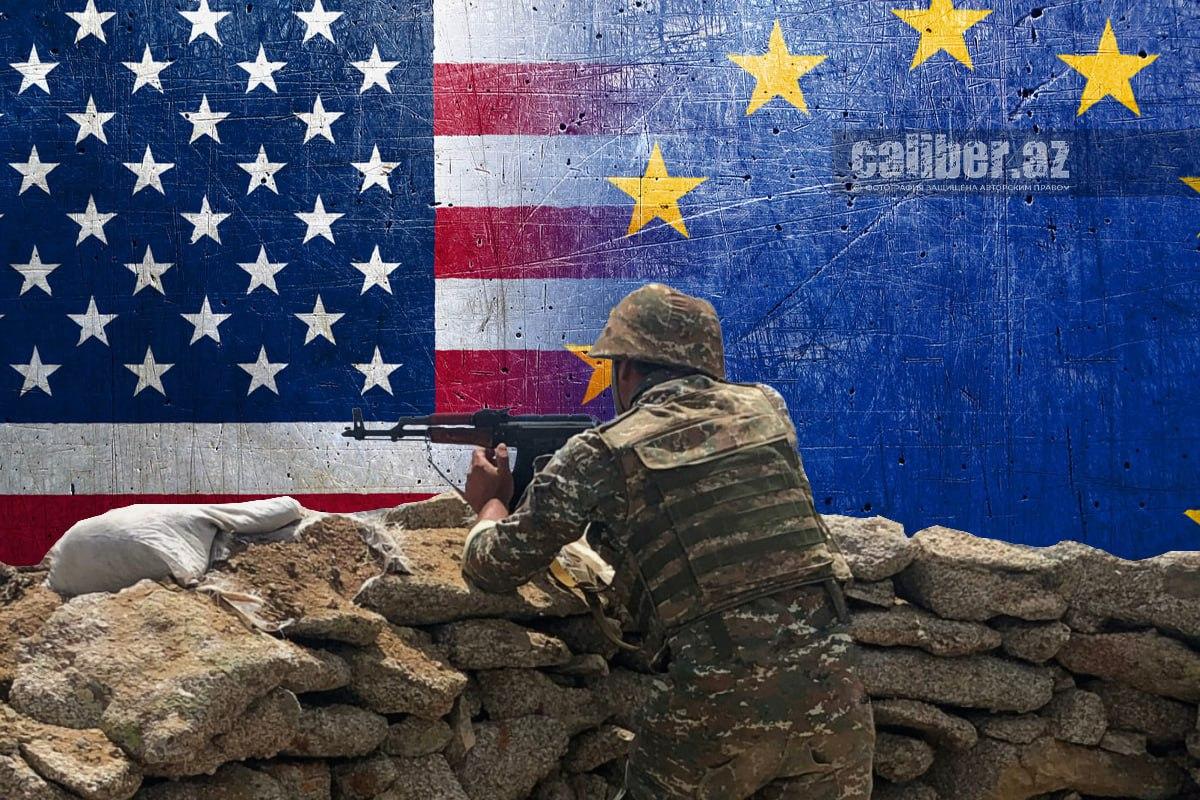Armenia's militarization: A "peace agenda" with an armed approach Yerevan must revisit recent historical lessons
French Ambassador to Armenia, Olivier Decottignies, recently remarked that "India, France. We can state that democratic countries are responding to Armenia's call." His statement came in response to reports that Armenia has become the largest buyer of Indian-made weapons. Decottignies emphasized that "only democratic countries respond to Armenia's call in this context."
This comment appears to encourage Armenia's arms acquisitions, which align with the revanchist ideas prevalent in its society. This raises questions about the intent behind his statement and the identity of these "democratic countries" responding to Yerevan’s appeal.
The context is highlighted by Armenia's significant defence purchases from India, totalling $600 million for the 2024-2025 period, according to the Indian news agency IADN. This positions Armenia as a major buyer of Indian arms amid its ongoing revanchist sentiments.
What stands out notably is the recent statement by Armen Grigoryan, Secretary of the Armenian Security Council, during a meeting with Louis Bono, the State Department’s Senior Adviser for Caucasus Negotiations. Grigoryan emphasized Armenia's "commitment to a comprehensive and lasting peace in the region." Similarly, Armenian Foreign Ministry spokeswoman Ani Badalyan affirmed that the Armenian government remains steadfast in its peace agenda and will not deviate from this approach.

Yet, the contrast is striking. Moreover, there are plans for a U.S. Army representative to join the Armenian Ministry of Defence, according to a report from the US Embassy in Yerevan. This "consultant" is expected to aid in strengthening Armenia's defence institutions, thereby enhancing security management and bolstering Armenian-American relations.
That's the reality: they continue to purchase weapons without amending their constitution, which explicitly outlines Yerevan's aggressive stance toward Baku. Meanwhile, they eagerly anticipate the arrival of a permanent U.S. Army representative at the Armenian Ministry of Defence.
Yet Yerevan continues to proclaim its commitment to peace, despite recent developments. This includes the European Union's allocation of 10 million euros in military aid to Armenia through the European Peace Foundation, amidst the completion of Armenian-American military exercises, "Eagle Partner 2024."
The militarization of Armenia is becoming increasingly evident and progressing swiftly. As the saying goes, if a gun is introduced in the first act, it must fire by the third. However, Armenia seems to be accelerating the timeline. On July 20, Armenia shelled Istisu in the Kalbajar region. More recently, an Armenian quadcopter attempted reconnaissance flights over Azerbaijani positions near the Aghdam settlement in the Tovuz district.
In response, the Azerbaijani Ministry of Defence has issued a stern warning to Armenia and its allies, urging them to avoid creating new conflict zones in the South Caucasus. The Ministry emphasized that continued provocations would lead to "appropriate retaliatory measures" using all available military resources, and warned that the military-political leadership of Armenia and its supporters would bear full responsibility for any escalation.

Yerevan likely comprehends Baku's message clearly and has probably relayed this information to its allies.
However, it’s worth questioning whether these "Western patrons" fully grasp the discrepancy between Baku’s words and actions. If they have not, Yerevan might need to provide further insight to its foreign partners.
Meanwhile, some Armenian experts are voicing concerns about Armenia's situation in light of recent South Caucasus developments. Aram Manukyan, the vice-chairman of the Armenian National Congress, has expressed scepticism about the prospects of visa liberalization with the EU, denouncing such promises as deceptive and illusory. Although this critique does not directly address military matters, it reflects a growing realization that the grand promises and narratives from Armenia’s patrons may be losing their influence and credibility.
Regardless, we remain hopeful that Yerevan will adopt a more objective approach to assessing the situation in and around the region. Otherwise, the militarization efforts pursued by our neighbouring country may end up impacting Armenia most significantly.
It’s time for Yerevan to heed historical lessons, at least the more recent ones.
Teymur Atayev








